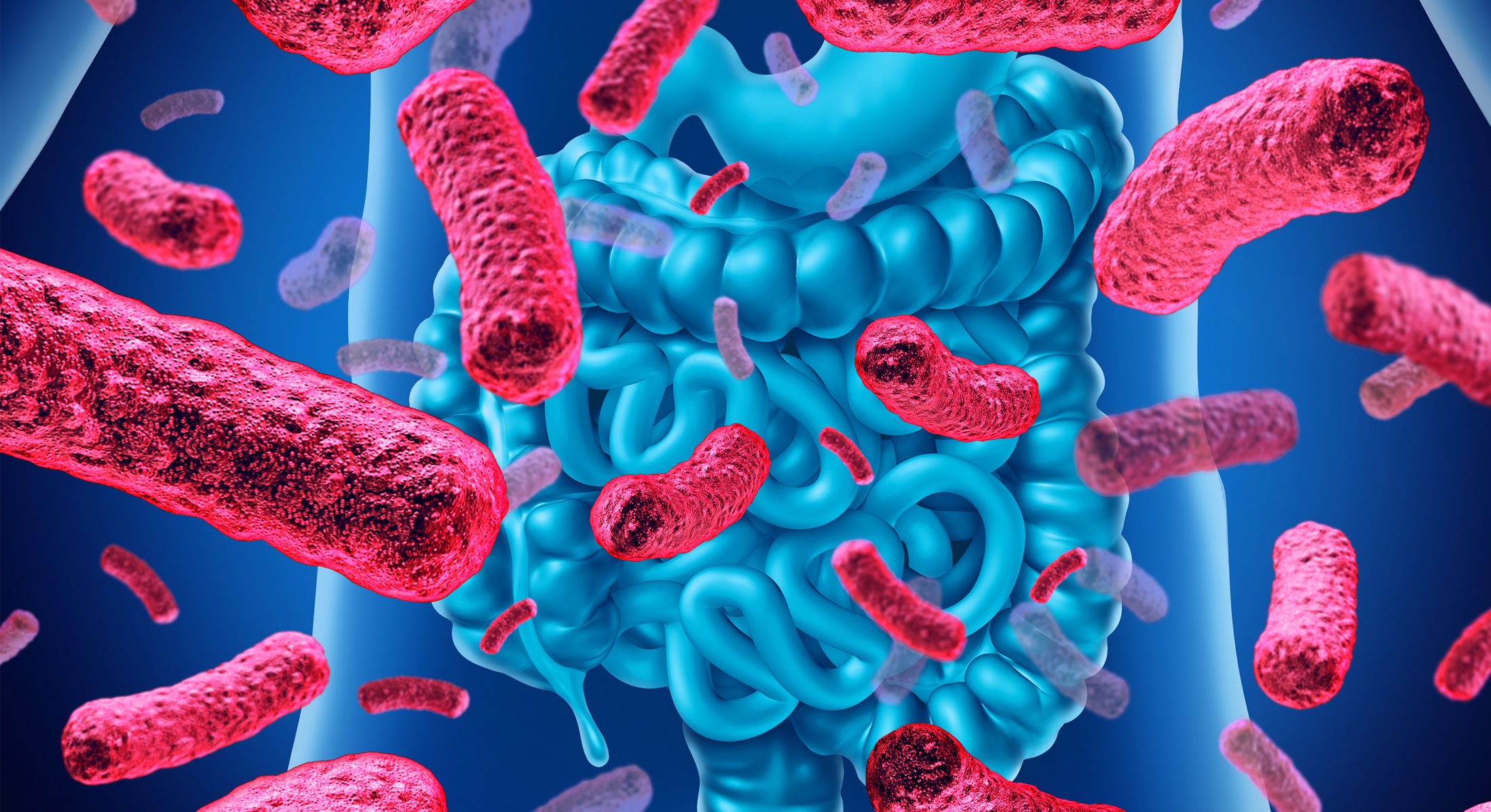A few weeks ago, one piece of news hit the headlines and caused quite a commotion. Stating that probiotics were little more than ‘useless’ and could even have negative effects on health, this information was based on a couple of pieces of research published in the scientific journal Cell. The research suggested that the effect of probiotics was less significant than expected and when prescribed to mitigate the side effects of antibiotics, such as diarrhea, they can even be harmful to health, given that they hold up the gut microbiota’s recovery.
The reactions of the main scientific associations were quick to emerge (the International Scientific Association for Probiotics and Prebiotics [ISAPP] and the International Probiotics Association Europe [IPA Europe]), as were those of a great deal of experts from different labs. Questioning the results of these studies, they also reminded readers that the health benefits of certain probiotics are supported by a large number of scientific studies.
There is a consensus around the efficacy of probiotics, whether in treating problems or diseases, or for controlling the immune system
What exactly are probiotics? According to the definition agreed upon by WHO/FAO, they are live microorganisms which, when administered in adequate amounts, confer a benefit to health. Probiotics are essentially bacteria and yeasts that can be ingested via fermented dairy products such as yogurt or kefir, along with other foods or nutritional supplements.
What are the proven benefits of probiotics today? Over more than a decade, clinical trials involving thousands of patients have demonstrated that probiotics are beneficial to health. The current consensus is that probiotics are effective in conditions related to the digestive tract (digestive comfort, irritable bowel syndrome) and immune system (prevention of antibiotic-related diarrhea and diarrhea caused by the C. difficile bacterial infection). Their effectiveness has also been shown in premature babies, who are given probiotics to stop them from developing infections.
Building on the quality of evidence, several medical and scientific organizations highly recommend the use of probiotics in their evidence-based guidelines. Their medical recommendations allow health professionals to prescribe the most appropriate probiotic for their patients.
Probiotics can reduce the use of antibiotics and thus stop their contribution to the serious problem of antimicrobial resistance
Research teams from across the world are now looking at the role of probiotics in treating conditions such as diabetes and obesity. Patrice D. Cani, a researcher at the Belgian Fund for Scientific Research, is one of these scientists, having studied the role of the Akkermansia muciniphila bacteria in obesity, diabetes and heart disease since 2007. “There is a huge amount of scientific literature that shows how certain bacteria, such as Akkermansia muciniphila or Faecalibacterium, have beneficial effects for human health,” explains Cani. His research has been published by some of the leading scientific journals, including Nature.
Another line of investigation: the use of probiotics as a means of reducing the use of antibiotics, thus avoiding any contribution to the very serious and considerable problem of antimicrobial resistance.
“Many of the infections we suffer do not come from environment-based pathogens, but from the pathogens we harbor,” says Lorenzo Morelli, director of the Science and Food Technology Department at the Università Cattolica del Sacro Cuore (Italy). He goes on to explain: “We have a large number of pathogenic bacteria in the gut, and when there is an imbalance between these and our good bacteria, health problems emerge. Probiotics can help avoid this imbalance and, consequently, limit the consumption of antibiotics.”
We have also known for the past 20 years that probiotics do not need to colonize the gut to provide health benefits. “Even if the bacteria are only passing through the intestine, they can produce active compounds or induce the immune system to produce other, specific antimicrobial factors ‘simply’ through contact with the mucus,” says Cani.
Patrice Cani also reminds us that for a bacterium or a combination of bacteria to be considered probiotic, it must have shown its effects in a clinical trial. Not all bacteria have a positive effect on human health, and neither are all probiotics the same and useful for everything. In other words, the properties of one cannot be attributed to others. “It is true that not all bifidobacteria or lactobacillus [probably the two most closely studied probiotics] carry out the same function. Some strains are beneficial in reducing diarrhea or restoring normal digestion, while others have more specific effects, such as restoring gut mucus or antimicrobial properties,” he explains.
The gut microbiota has long been a hot topic for scientists and the media, which explains the growing number of articles published monthly in scientific journals and published in the mainstream press on a regular basis.
“It is a false hope to believe that the gut microbiota has the key to understanding and treating all illnesses,” concludes Cani. That is why care and rigor regarding the information we handle are crucial and why these are two of the characteristics we strive to apply every day at Gut Microbiota for Health.


